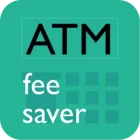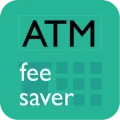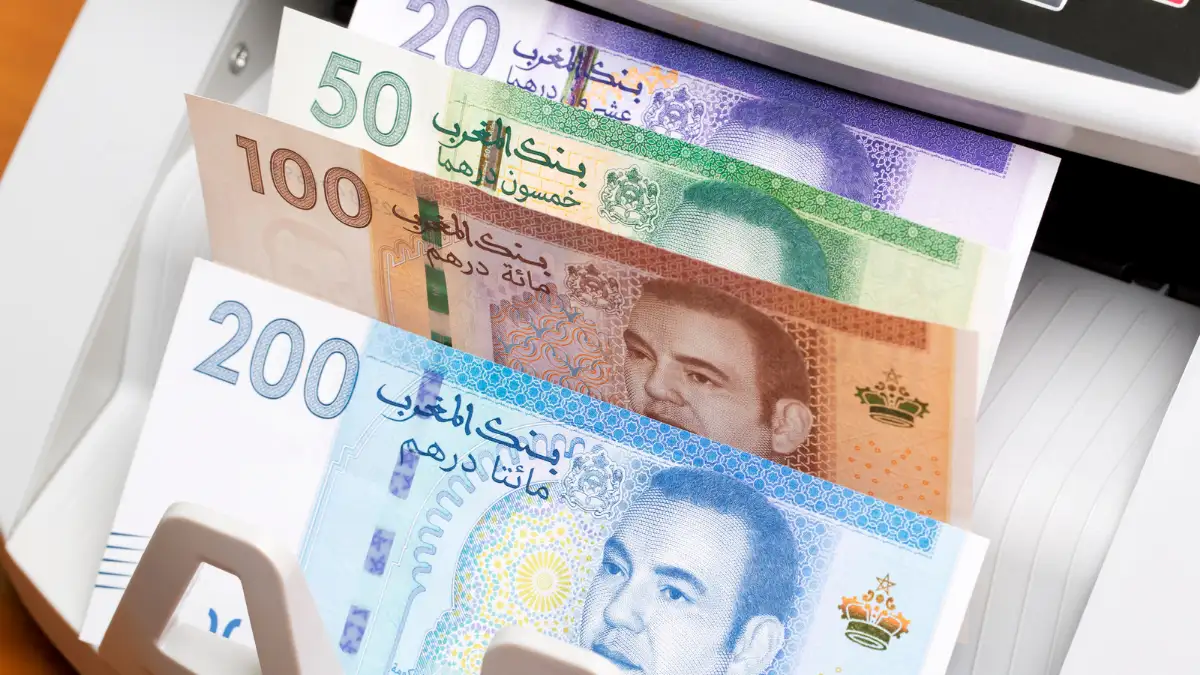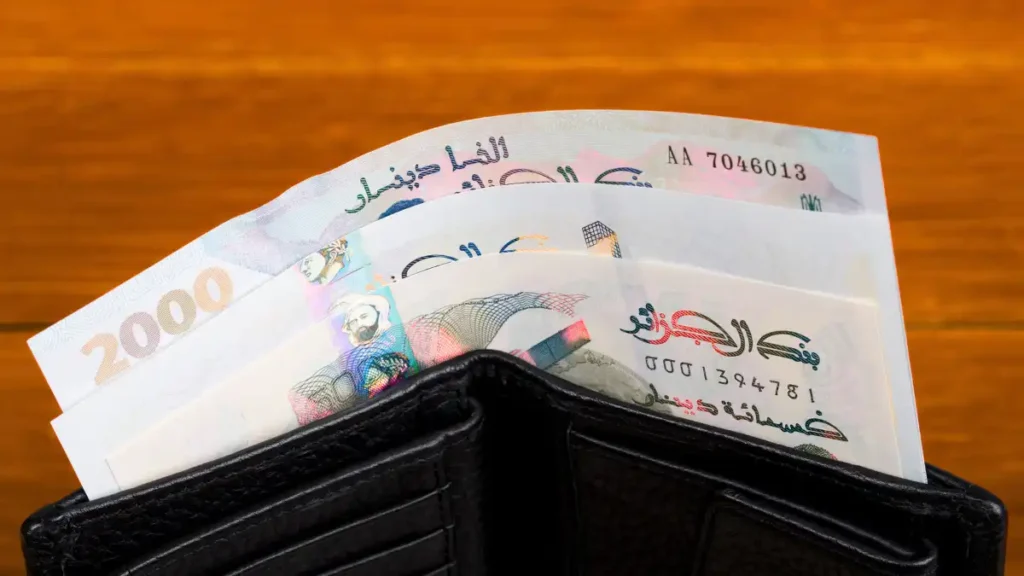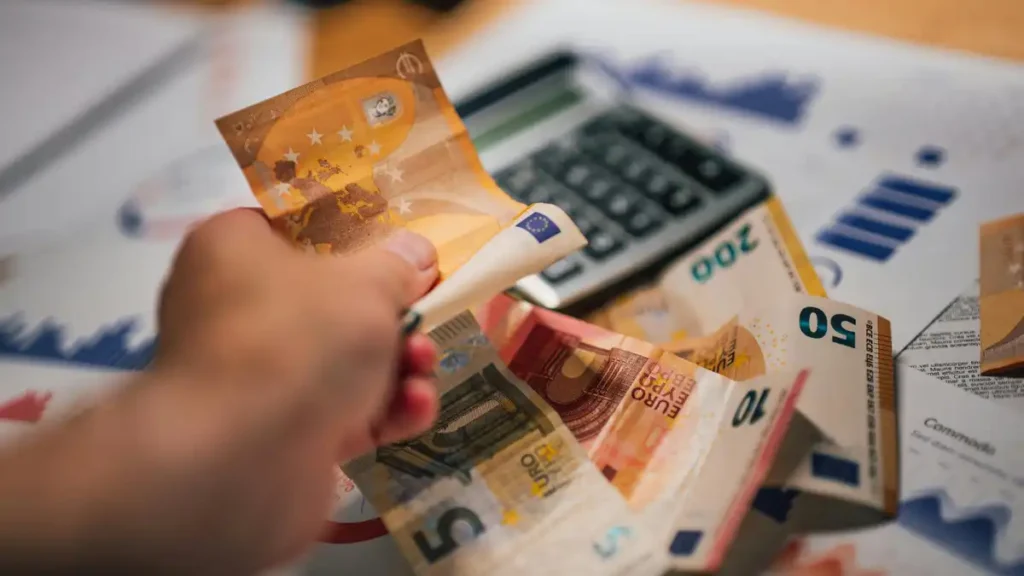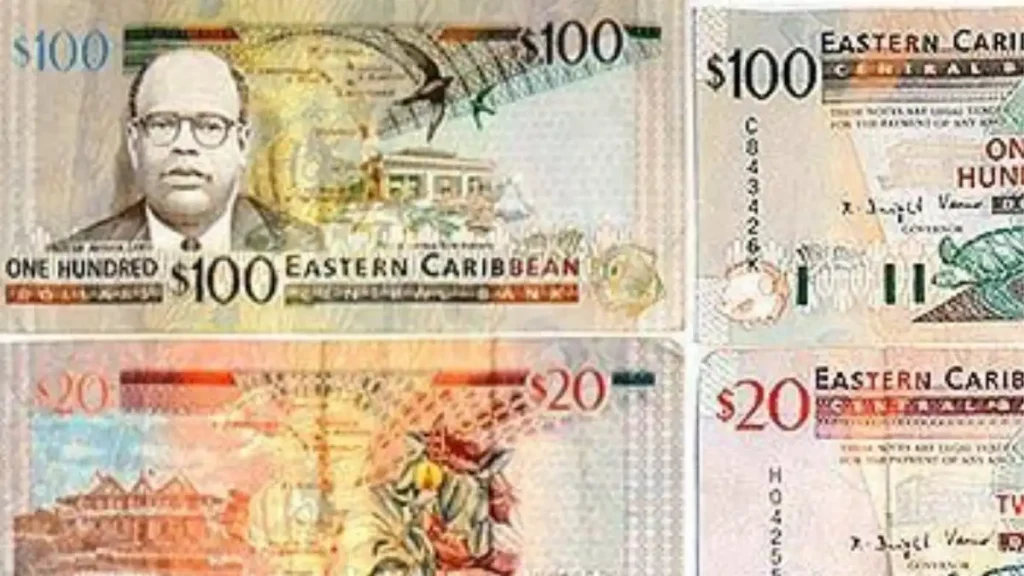Morocco’s mix of desert landscapes, ancient cities, and colorful souks makes it a magical destination – but managing money in Morocco and understanding how currency works is essential for a smooth experience. Whether you’re haggling in Marrakech, tipping at a riad, or paying for desert tours, knowing how to handle payments matters. This guide covers what currency to bring, the best ways to get money and currency in Morocco (Moroccan Dirham – MAD), cash safety tips, and important dos and don’ts. With this knowledge, you’ll avoid fees and enjoy Morocco’s richness without money worries.
How to pay in Morocco – cash or card?
In Morocco, cash is the primary payment method, especially outside major cities and for everyday transactions. While cards are useful in urban and tourist hubs, a hybrid payment strategy works best. The Moroccan dirham (MAD) is the official currency.
You can use cash for:
- Public Transportation: Buses, petit taxis, and shared taxis are cash-only.
- Street Vendors and Markets: Souks, markets, and roadside stalls are all cash-based.
- Small Businesses: Local shops, cafés, and eateries often prefer cash.
- Hostels and Guesthouses: Many budget and family-run accommodations take cash only.
- Tips and Gratuities: Cash is expected for guides, drivers, and hotel staff.
- Rural Areas: Electronic payments are rare outside cities.
You can use card for:
- Hotels: Mid-range and luxury hotels usually accept cards.
- Restaurants: Some urban and tourist-oriented restaurants take Visa or Mastercard.
- Retail Stores: Larger supermarkets and branded stores in big cities accept cards.
- Car Rentals and Tours: Established agencies often take card payments.
- Online Bookings: Flights, hotels, and some tours can be booked in advance by card.
What’s the best currency to take to Morocco?
The Moroccan Dirham (MAD) is the official currency and the best currency to use while in Morocco. It’s a closed currency, meaning it’s difficult or illegal to get MAD outside the country – so plan to withdraw or exchange cash once you arrive.
Euros are also accepted at many places. The exchange rate is a bit poor but it won’t be horrible compared to what you would get if you directly paid in USD or GBP.
Where to get currency in Morocco?
There are 3 main ways to get cash in Morocco. They are:
- ATMs, or
- Currency exchange, or
- Money transfer & local pick-up
Types of cards to swipe in Morocco
Visa and Mastercard transactions are commonly accepted for swiping. You might also find some places that accept Amex and other cards, albeit less frequently.
Types of cards at ATMs in Morocco
If you’re withdrawing money in Morocco from an ATM, ATMs commonly accept Visa and Mastercards. Only a handful accept other card types such as CUP, JCB, Maestro, American Express, Diners, and Discover cards but this is not very common.
Should I exchange money before travelling to Morocco?
It’s helpful to bring a small amount of Moroccan Dirhams (MAD) for immediate expenses, but since MAD is a closed currency, it’s difficult to get it outside Morocco. You can carry USD, EUR, or GBP to exchange upon arrival.
ATMs are widely available in Casablanca, Marrakech, airports, and tourist areas, and most accept Visa, Mastercard, Cirrus, and Plus cards. Be aware of foreign withdrawal fees and daily limits.
Currency exchange is best done at banks or licensed bureaux de change in cities. Avoid changing money at airports unless necessary, as their rates may be less favorable.
Where to withdraw money in Morocco
You can withdraw money in Morocco at leading bank ATMs in the country. The best ATMs for foreigners to use in Morocco are those owned by popular banks such as:
- CDM (Blue ATMs),
- BMCI,
- Banque Populaire, and
- Al Barid Bank.
There are other banks with ATMs that also accept international debit and credit cards but they charge higher fees.
For a detailed guide, read Cash and ATMs in Morocco.
Where to exchange currency in Morocco
You can exchange currency in Morocco at licensed currency exchange offices and banks branches.
Currency exchanges, called bureaux de change, are widespread in Morocco and offer better rates than banks in many areas.
Bureaux de change can be found in airports (especially Casablanca’s Mohammed V), tourist medinas, major hotels, and shopping districts like Avenue Mohammed V in Rabat or Gueliz in Marrakech. Prominent providers include Wafacash, BMCE Change, and Hotel Ali in Marrakesh.
Banks such as Banque Populaire, Attijariwafa Bank, BMCE Bank, and CIH Bank also exchange currency, typically operating weekdays from 8:30 AM-5:00 PM.
Pro tip: Bring Euros or USD – easily exchanged, and avoid unlicensed money dealers in the medina unless you’re certain they’re legit.
You can find good currency exchanges in Morocco using the ATM Fee Saver app – it will guide you to the nearest currency exchange on the map. The app helps you with forex places in 160+ countries, including Morocco. Download now from the App Store or Play Store.
Avoid Airport Exchanges and no-fee exchange offices: They have the highest fees and poorest exchange rates. Wait to get to the city to exchange cash.
Is carrying cash in Morocco safe?
Carrying cash in Morocco is necessary but requires caution, especially in busy medinas and tourist areas where pickpocketing is common. While credit cards are accepted in hotels and large restaurants, cash is the norm in local markets, taxis, and smaller establishments.
To carry cash safely in Morocco:
- Only take what you need for the day; store the rest securely at your accommodation.
- Use a money belt or crossbody bag that stays close to your body.
- Be discreet when handling money, especially in souks, cafés, and taxis.
- Avoid counting or showing large amounts of cash in public.
- Use ATMs inside banks, hotels, or malls – avoid street-side machines.
- Carry small denominations for tips, small purchases, or bargaining in markets.
Is it better to use debit or credit cards or pay by cash in Morocco
Use a card if it is fee-free i.e. your bank does not charge any fees to swipe the card, when the merchant / POS also does not impose any extra charge to use a card, you need to use the insurance of the card, don’t want to block cash of large purchases and card’s swipe fees are lower than withdrawal fees.
Pay by cash by withdrawing cash from ATM or exchanging currency where – fees on ATM withdrawals are lesser than fees on swiping cards, you don’t want to leave any digital footprint of your expenses, it is convenient and easier to conduct transactions.
